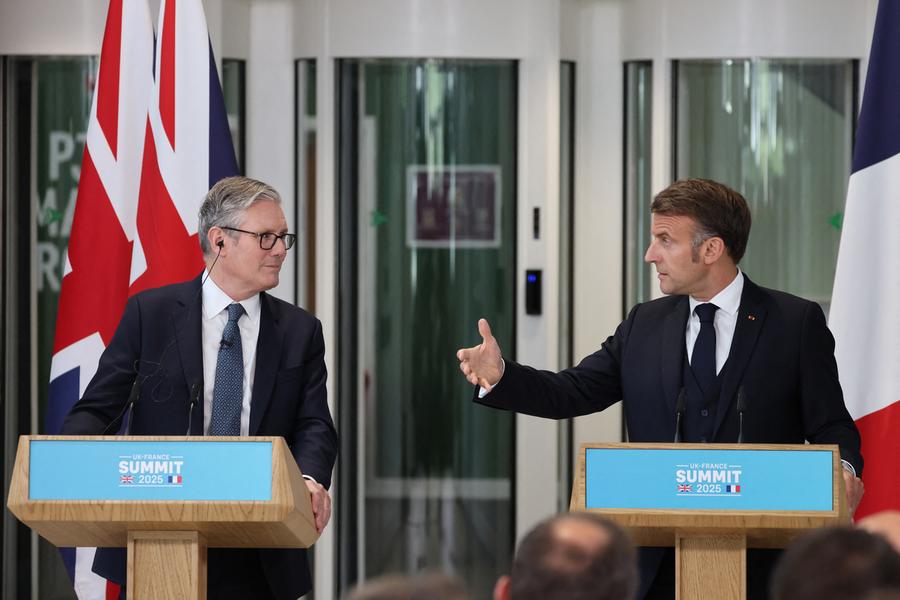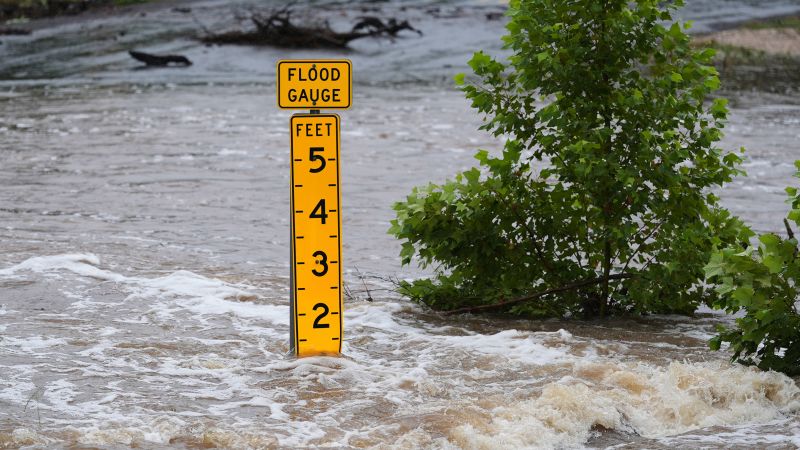Starmer Advocates for Gaza Ceasefire Over Palestinian Statehood

Sir Keir Starmer has declared that achieving an immediate ceasefire in Gaza is more urgent than recognizing a Palestinian state. This statement came during a joint press conference with French President Emmanuel Macron on October 12, 2023, amid escalating violence in the region. Their meeting, part of Macron’s three-day state visit to the UK, included discussions on various bilateral issues, such as migration and nuclear coordination, but the focus quickly shifted to the ongoing conflict in Gaza.
During the press conference held at the Northwood military base in northwest London, Starmer addressed the humanitarian crisis, emphasizing the need for a ceasefire, increased humanitarian aid, and the release of hostages held by Hamas. He stated, “We need a ceasefire. We need aid to go in at volume, at pace, in a way that simply isn’t happening on the ground at the moment.” His comments underscored the urgent need for action in light of the deteriorating situation.
While Starmer’s remarks reflected his party’s commitment to recognizing Palestinian statehood as part of a peace process, he did not specifically mention this during his speech. In contrast, Macron spoke extensively about the need to recognize a Palestinian state as essential for a lasting peace in the Middle East. He described the conflict in Gaza as an “endless war without a strategic goal” and reiterated calls for a ceasefire and the release of hostages.
The leaders signed a joint declaration reaffirming their commitment to “recognizing a Palestinian state, as a contribution to a peace process.” They pledged to collaborate on efforts to support this recognition and work towards a viable two-state solution. Starmer reiterated the Labour Party’s position, which emphasizes Palestinian statehood as an “inalienable right” that must be recognized as part of a renewed peace initiative.
The urgency of the situation has prompted discussions within the UK government about potential sanctions against Israel if a ceasefire is not achieved. David Lammy, the Foreign Secretary, indicated earlier this week that the government might impose measures against Israel, stating, “Yes, we will,” in response to questions about possible actions if a ceasefire is not reached.
In recent months, the UK government has already suspended certain arms sales to Israel and has taken steps to address concerns regarding potential breaches of international law. In June, two Israeli ministers were sanctioned for “repeated incitements of violence against Palestinian communities,” marking a significant diplomatic shift. Additionally, the government suspended talks for a free trade agreement and summoned Israel’s ambassador to express its concerns over the ongoing Israeli offensive in Gaza.
The UK’s criticism of Israeli policies continues, with Middle East Minister Hamish Falconer expressing dismay over proposals to confine Gaza’s population to a new “humanitarian city” in Rafah. Falconer stated, “Palestinian territory must not be reduced. Civilians must be able to return to their communities. We need to move towards a ceasefire deal and open a pathway to lasting peace.”
As the situation develops, Starmer’s focus on a ceasefire reflects a broader international concern about the humanitarian crisis in Gaza. The pressure on world leaders to act decisively is mounting, with many advocating for a comprehensive approach that includes both immediate humanitarian relief and long-term political solutions. The contrasting positions of Starmer and Macron highlight the complexities of the ongoing conflict and the challenges in navigating international diplomacy in pursuit of peace.






